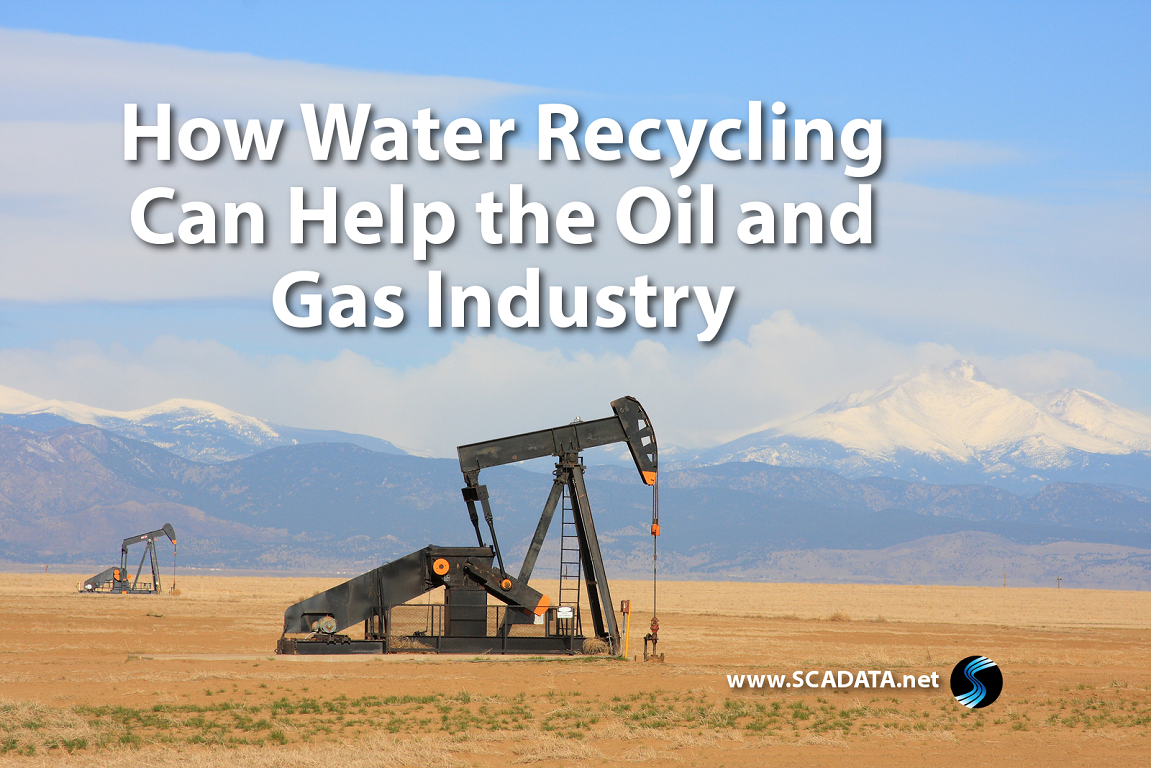Typically we don’t think of water demands when we think of the oil and gas industry. Water, just like any limited resource, must be conserved and managed. More than 800 billion gallons of wastewater is produced each year by the oil and gas industry. In addition to the water used in the well, a large volume is needed to hydraulically fracture the well. As a result, many oil and gas companies are turning to water management as a recycling option to manage costs and mitigate risk.
The value of an effective water recycling strategy is well worth the relatively insignificant costs of water acquisition and wastewater transport, storage, treatment, and disposal. And although those costs can add up to a large figure over the life of a well, the cost of lost business is significantly worse. Put simply, the amount of money forfeited as a result of lost business can be steep when an operator fails to make water management a strategic priority.
In specific terms, operators risk lower production rates, production halts, regulatory penalties, and a breach in stakeholder faith. Wells can be damaged. Progress can be stalled or compromised. And perhaps most painful, thousands of dollars in potential earnings can be washed away. Oil and gas companies can really feel the pain in the long run.
On the other hand, decision makers who see water as the lifeblood of their operations can gain a competitive advantage. By managing water in an intentional way, operators can experience such benefits as improved efficiencies, reduced production and operational costs, and enhanced credibility with community members and regulatory government agencies.
It�s well worth it for companies in the oil and gas industry to take the time to understand and build effective water-management strategies. But that�s just the starting point. Leading operators know how to effectively deploy demonstrated best practices. Investing in innovative technical solutions can help companies across a variety of industries translate water-management challenges into profits.
When water is scarce or disposal options are limited, operators can either accept increased operating costs or choose to recycle wastewater. The latter is becoming more and more accepted, as evidenced by several industry initiatives that have the goal of evaluating water use and identifying alternative and innovative approaches. The American Water Works Association is one such advocate, which states in its whitepaper Water and Hydraulic Fracturing:
“The oil and gas industry is researching improved water recycling techniques as well as methods to use high-salinity water that public water systems wouldn�t usually use. These techniques are likely to reduce risks to water quantity if they prove feasible and are fully “implemented.�
This could be very beneficial for municipalities that have huge water supply shortages due to demands by the oil and gas industry. For example, in some Texas counties local residents are feeling the strain of a lack of drinking water due to the needs of the surrounding wells. According to the Dallas Morning News, Irion county in West Texas saw an increase in water consumption for oil and gas needs, resulting in 40 percent of total water pumped in the area.
Check out this white paper for more information on how water is used in the oil and gas industry.




